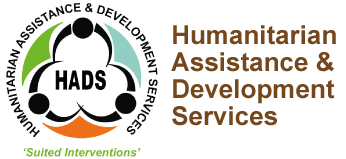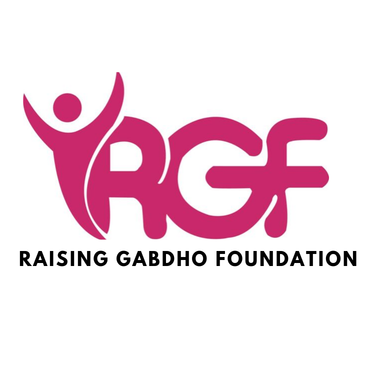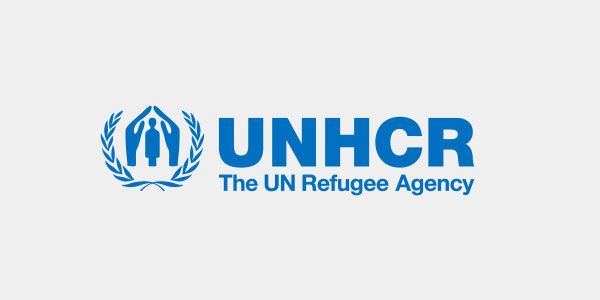The Issue
Refugees and host communities in Uganda are heavily dependent on natural resources to meet their basic needs for cooking energy, materials for shelter and agricultural land. Some also generate income by selling biomass and non-wood forest products. However, as the refugee population continues to grow, increased pressure on land and natural resources (water, forests) and accelerating environmental degradation, represent a major challenge.
These demands also contribute to increased risk of gender-based violence for women and children whilst collecting fuel wood and reduced food and nutrition security. Competition over diminishing natural resources can cause tension and disrupt peaceful co-existence between refugee and host communities whilst access to clean and sustainable energy remains a challenge.
Increased deforestation and environmental degradation around refugee settlements coupled with delayed rains, change in rainfall patterns, and scarcity of wood fuel also present major issues.
The Project
This Environment and Energy Project aims to increase access to clean and sustainable energy in refugee settlements and host communities, as well as contribute to reducing environmental degradation and pressure on natural resources, both of which remain major challenges as refugee and host populations continue to grow.
The project aims:
- To restore the environment, which has been severely impacted by the influx of refugees and high demand for forest products
- To promote green livelihood activities for both refugee and host communities through agroforestry, shea nut butter production, and beekeeping techniques
- To introduce and promote alternative clean energy sources and fuel-efficient technologies
The Change
Over 2.5 million tree seedlings have been planted on individual woodlots, institutions, and avenues, with an encouraging survival rate of more than 80%.
App. 19,600 refugees and host community households have received assistance in planting fruit and fast-growing trees in their homes.
DCA has also promoted a variety of technologies such as briquettes production from agricultural wastes, fuel efficient stoves, heat retaining baskets, and affordable solar technologies.
The search for firewood was one of the factors that exposed women and girls to a variety of safety threats, including rape. DCA’s intervention on access to clean and affordable energy sources and fuel-efficient technologies, has helped to reduce such risks. Over 20,000 fuel efficient stoves and app. 2,000 heat retaining baskets have been distributed to refugee households as part of this project.
The Partners
Since 2019, DCA Uganda with financial support of UNHCR and DANIDA, has been supporting environmental restoration, green livelihoods, and access to safe, affordable, and clean energy for refugees and host communities in West Nile Region refugee hosting districts.
The project is implemented in partnership with Humanitarian Assistance and Development Services (HADS) and Raising Gabdho Foundation (RGF)


Our Work
DCA has operated in Uganda since 1979. The first DCA office was established in 2004.
Primarily, DCA Uganda works with three programs: Save Lives, Build Resilient Communities and Fight Extreme Inequality. All the programs focus on youth and women.
About this project
Full Title: Protection and Restoration of the Environment & Promotion of Safe Access to Sustainable Energy and Green Livelihoods in Refugee and Host Communities
Period: Januar 2017 – ongoing (December 2023)
Donor: UNHCR and Danida
Amount: Funding for 2021: 1,059,107 USD (862,431USD from UNHCR and 196,676 USD from Danida)



